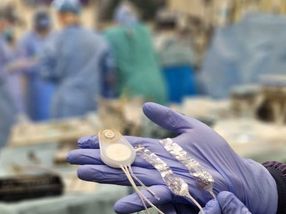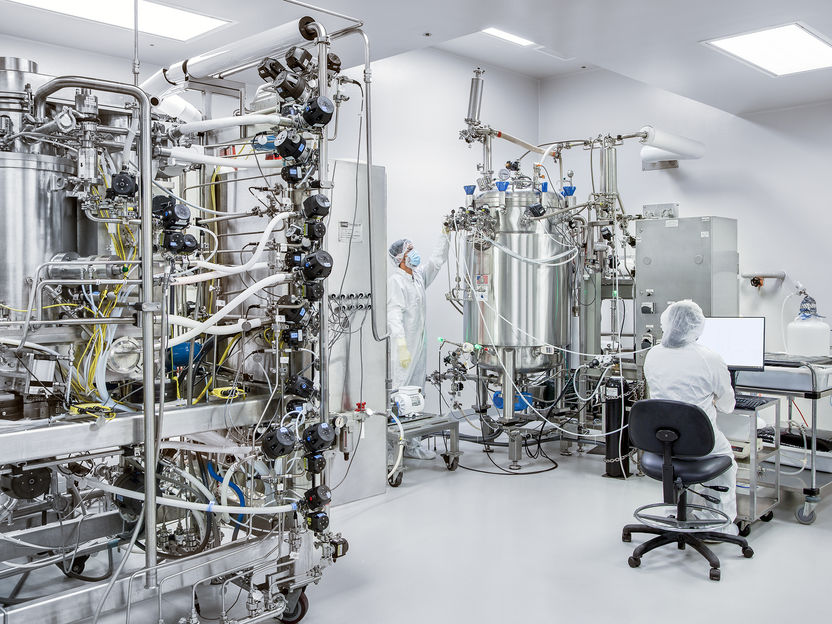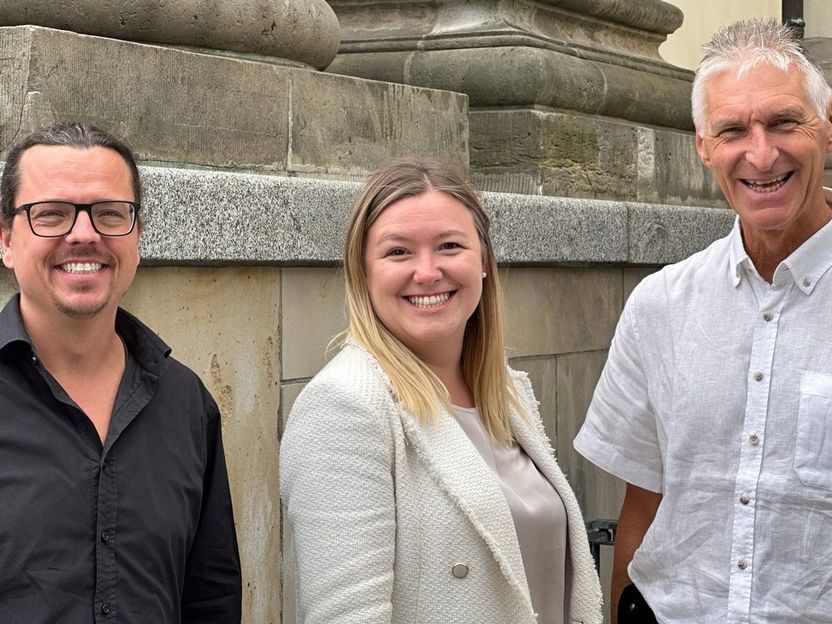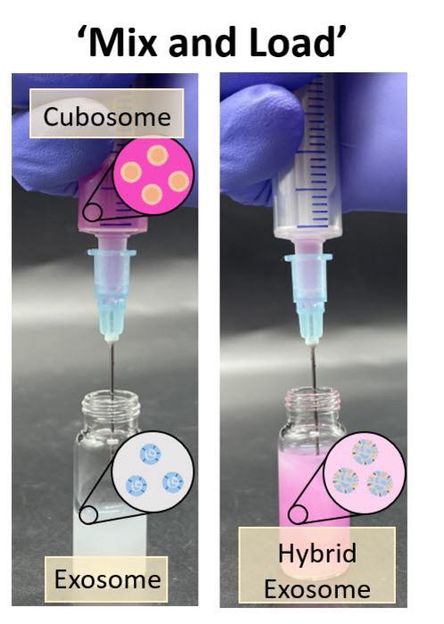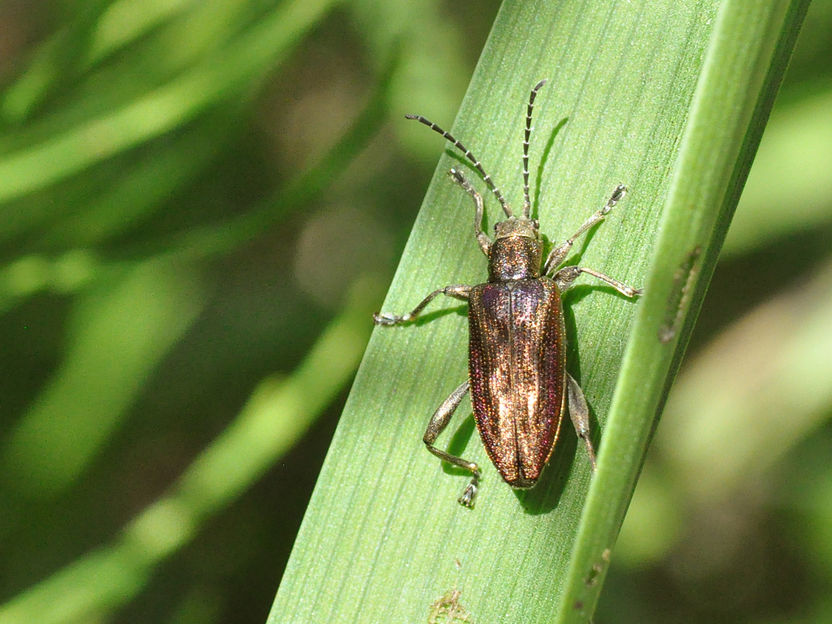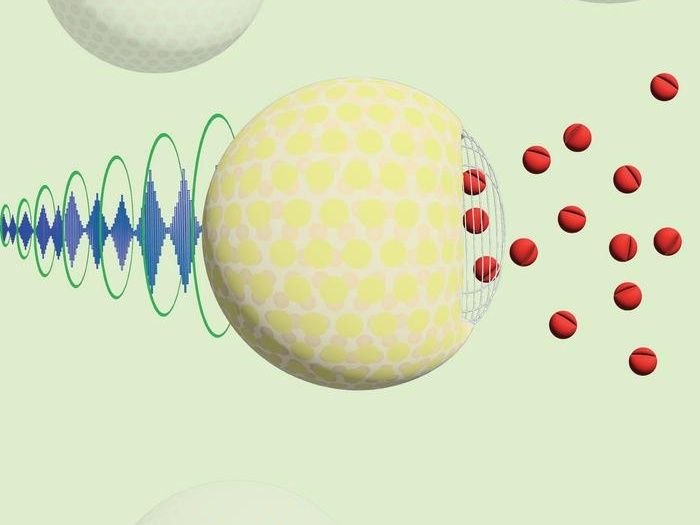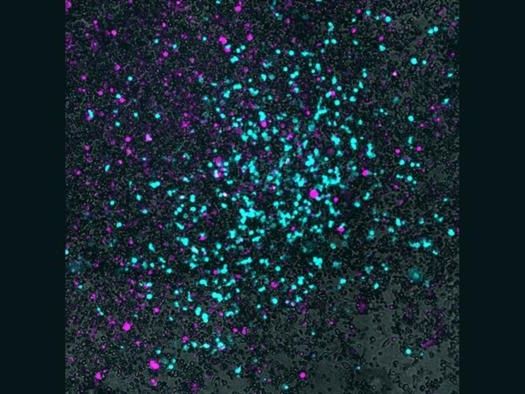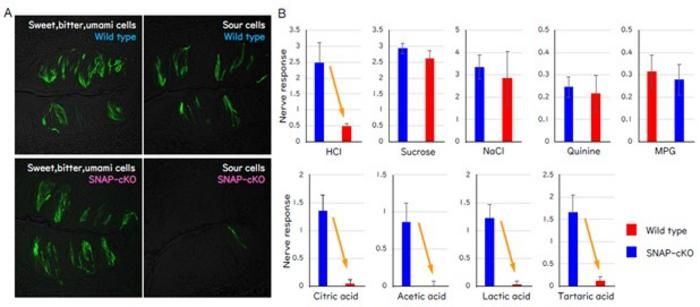Merck and Washington University in St. Louis Sign MoU to Advance Scientific Collaboration
Strategic academic-industry alliance aims to build robust Research & Development talent pipeline
Advertisement
Merck has signed a non-binding Memorandum of Understanding (MoU) with Washington University (WashU) in St. Louis, Missouri, USA. The agreement marks the next chapter in a nearly century-long partnership dedicated to advancing scientific research and innovation.

Merck signs non-binding MoU with Washington University in St. Louis. The agreement continues their nearly century-long partnership.
Merck KGaA
The expanded collaboration will support joint research initiatives, technology scouting, and research enablement, with an emphasis on fostering sustainable and socially responsible scientific progress. Together, Merck and WashU aim to strengthen the talent pipeline, accelerate the transition from lab discoveries to clinical applications, and help eventually bring life-saving therapies to patients faster.
“Academic-industry collaborations are more critical than ever in today’s dynamic scientific landscape,” said Jean-Charles Wirth, Member of the Executive Board of Merck and CEO, Life Science. “Our partnership with WashU underscores Merck’s commitment to empower the next generation of scientists driving progress in healthcare and the life sciences. By combining WashU's world-class research capabilities with our advanced technologies and industry expertise, we can fuel innovation with lasting impact.”
“This agreement represents a new milestone in the shared history of WashU and Merck,” said WashU Chancellor Andrew D. Martin. “Collaboration is central to our university’s research and scientific success. Partnering with an industry leader like Merck will expand our capacity to generate solutions to the world’s greatest challenges.”
Through the partnership, Merck will provide access to its broad portfolio of products, services, and technical expertise, helping researchers innovate more efficiently and effectively. The MoU also expands Merck’s efforts to support early-stage innovation by engaging with startups and incubators, offering emerging ventures resources and services tailored to accelerate their growth.
WashU’s campus is located near Merck’s network of production and R&D sites in St. Louis where the company employs nearly 2,300 people. Over the last five years, Merck has invested more than $250 million in its St. Louis operations, further strengthening its regional footprint and advancing local scientific capabilities. The MoU reinforces Merck’s continued commitment to the St. Louis innovation ecosystem and its broader mission to positively impact more lives through science.
This agreement reflects Merck’s commitment to deepening ties with leading universities around the world to advance research, support scientific talent, and help bring new ideas to life. By fostering strong collaborations, Merck aims to create more opportunities for discovery and real-world impact.



































